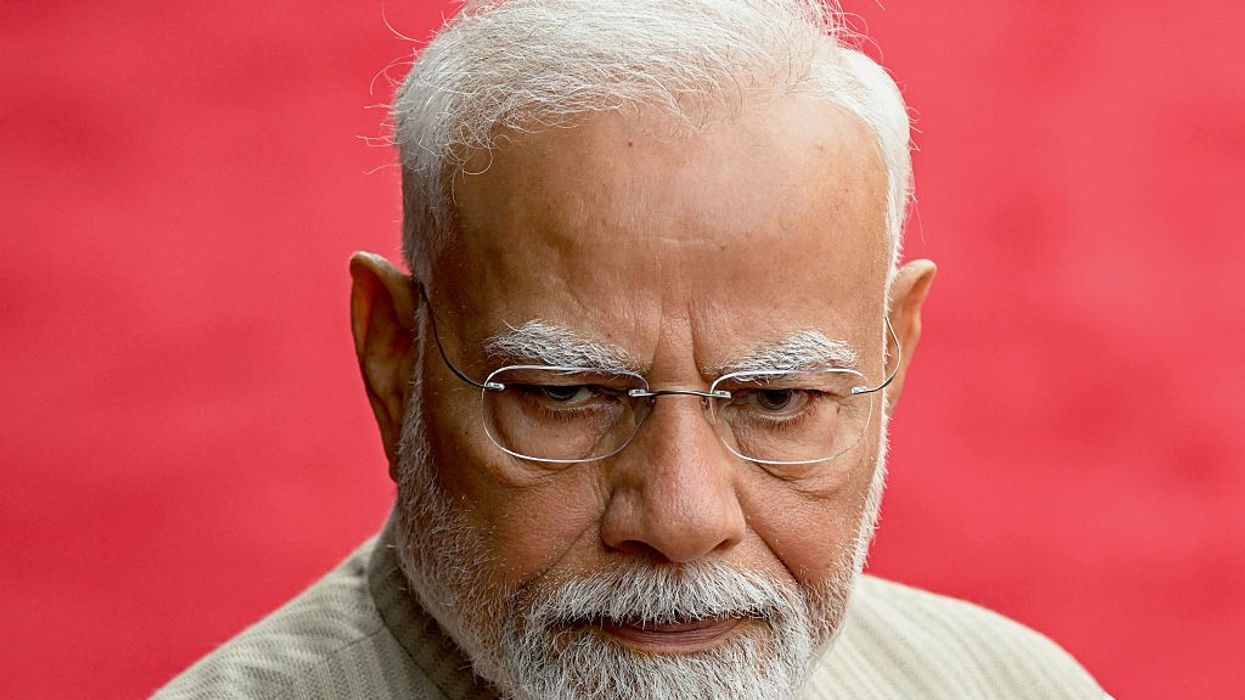CANADIAN prime minister Mark Carney invited his Indian counterpart Narendra Modi to the upcoming Group of Seven summit in a phone call on Friday (6), as the two sides look to mend ties after relations soured in the past two years.
The leaders agreed to remain in contact and looked forward to meeting at the G7 summit later this month, a readout from Carney's office said.
India is not a G7 member but can be invited as a guest to its annual gathering, which will be held this year in Kananaskis in the Canadian province of Alberta, from June 15 to 17.
"Glad to receive a call from Prime Minister (Carney) ... thanked him for the invitation to the G7 Summit," Modi said in a post on X.
Modi also stated in his post on Friday that India and Canada would work together "with renewed vigour, guided by mutual respect and shared interests."
Bilateral ties deteriorated after Canada accused India of involvement in a Sikh separatist leader's murder, and of attempting to interfere in two recent elections. Canada expelled several top Indian diplomats and consular officials in October 2024 after linking them to the murder and alleged a broader effort to target Indian dissidents in Canada.
New Delhi has denied the allegations, and expelled the same number of Canadian diplomats in response.
India is Canada's 10th largest trading partner and Canada is the biggest exporter of pulses, including lentils, to India.
Carney, who is trying to diversify trade away from the United States, said it made sense for the G7 to invite India, since it had the fifth-largest economy in the world and was at the heart of a number of supply chains.
"In addition, bilaterally, we have now agreed, importantly, to continued law enforcement dialogue, so there's been some progress on that, that recognizes issues of accountability. I extended the invitation to prime minister Modi in that context," he told reporters in Ottawa.
Four Indian nationals have been charged in the killing of the Sikh separatist leader.
(Reuters)





